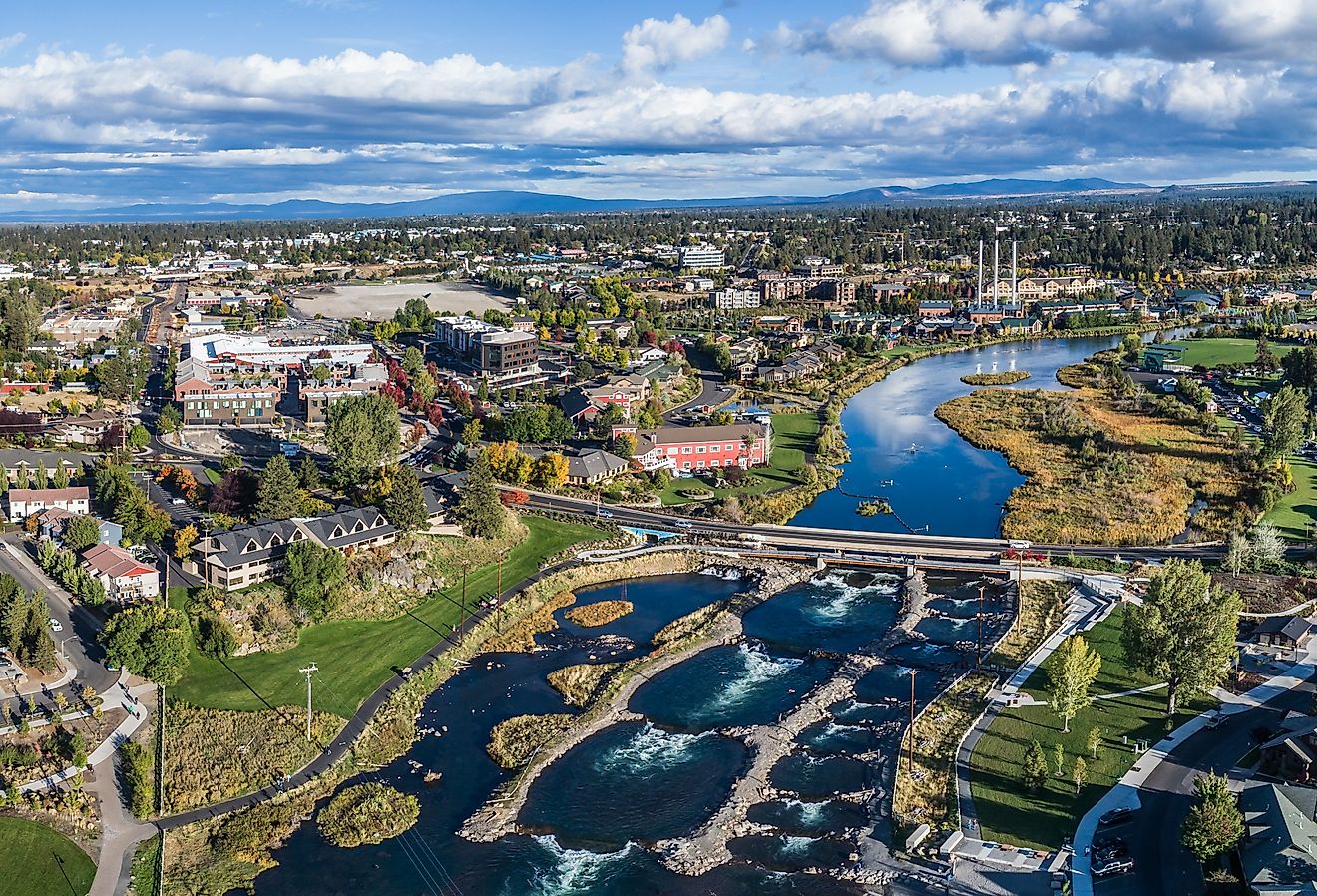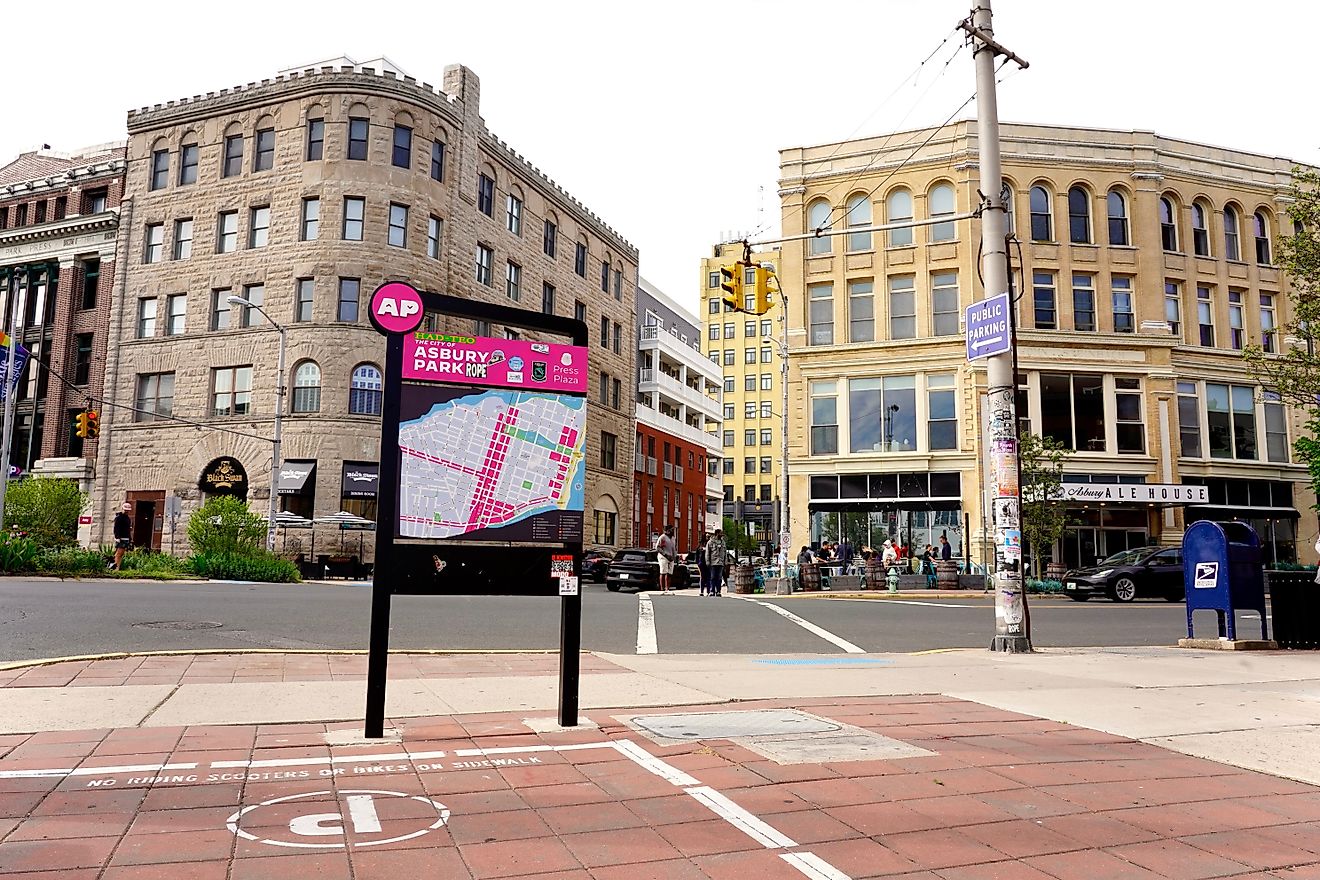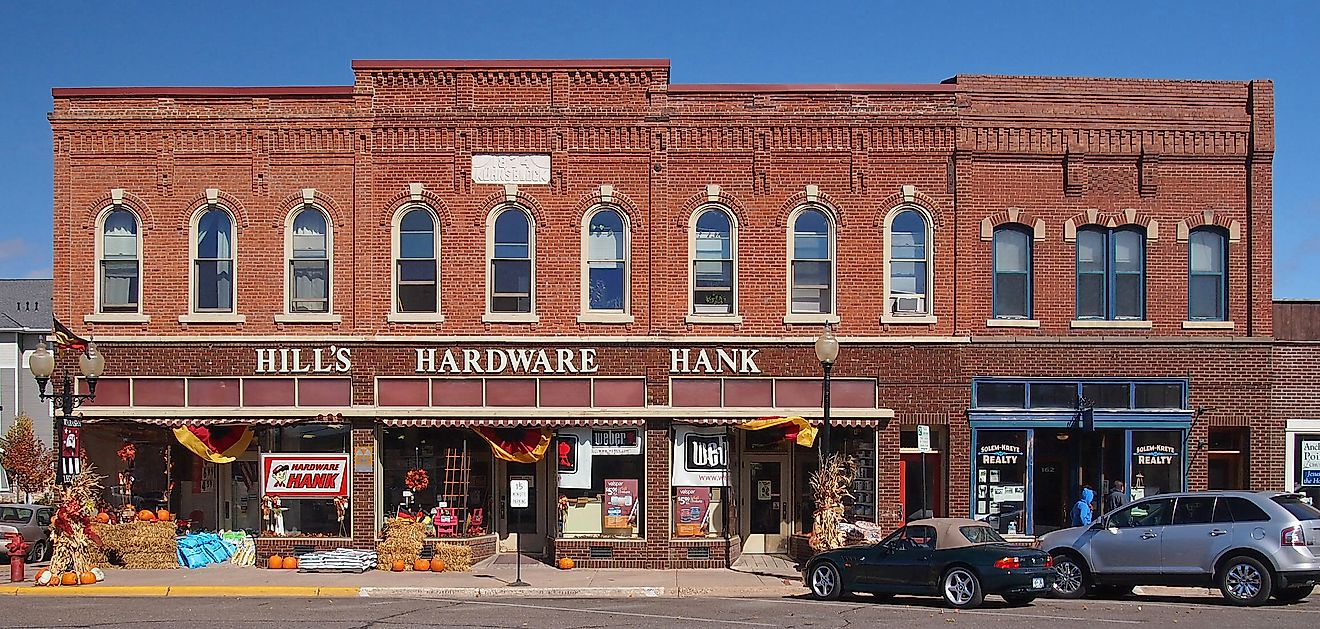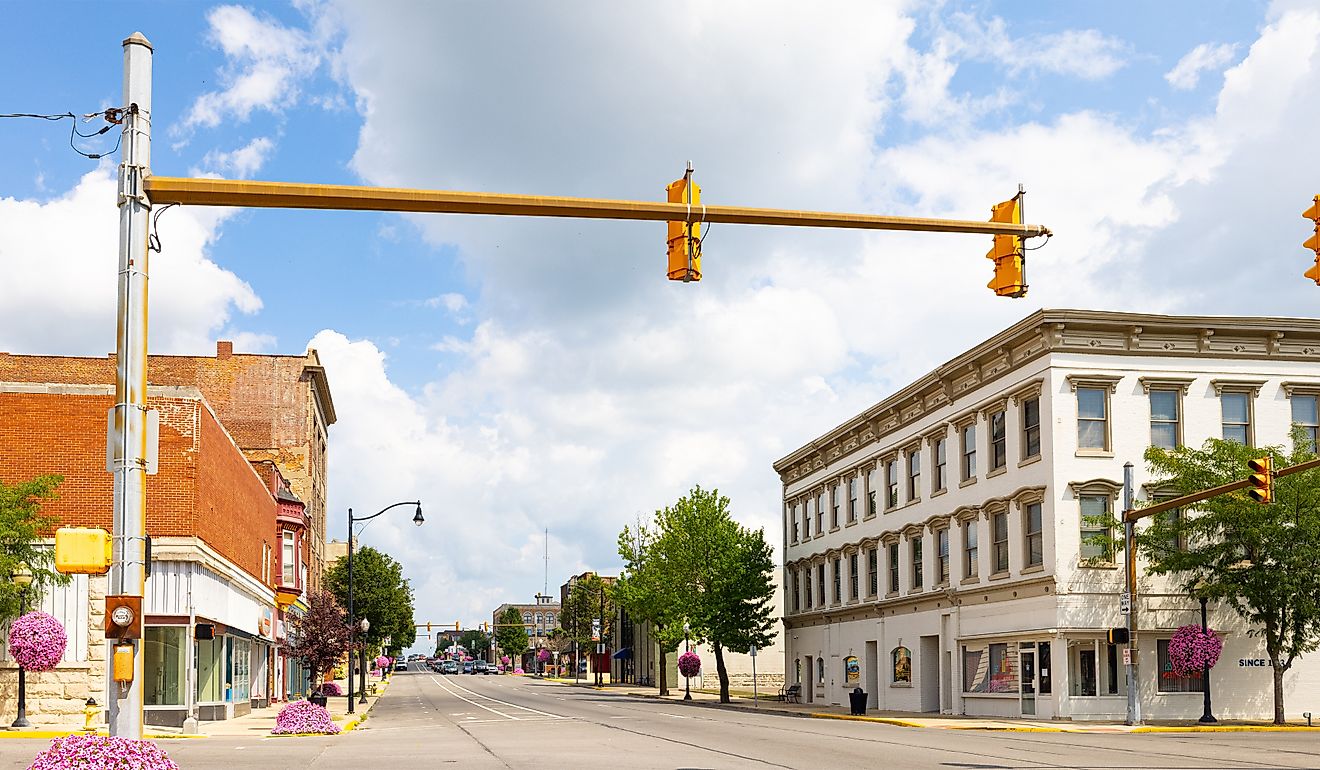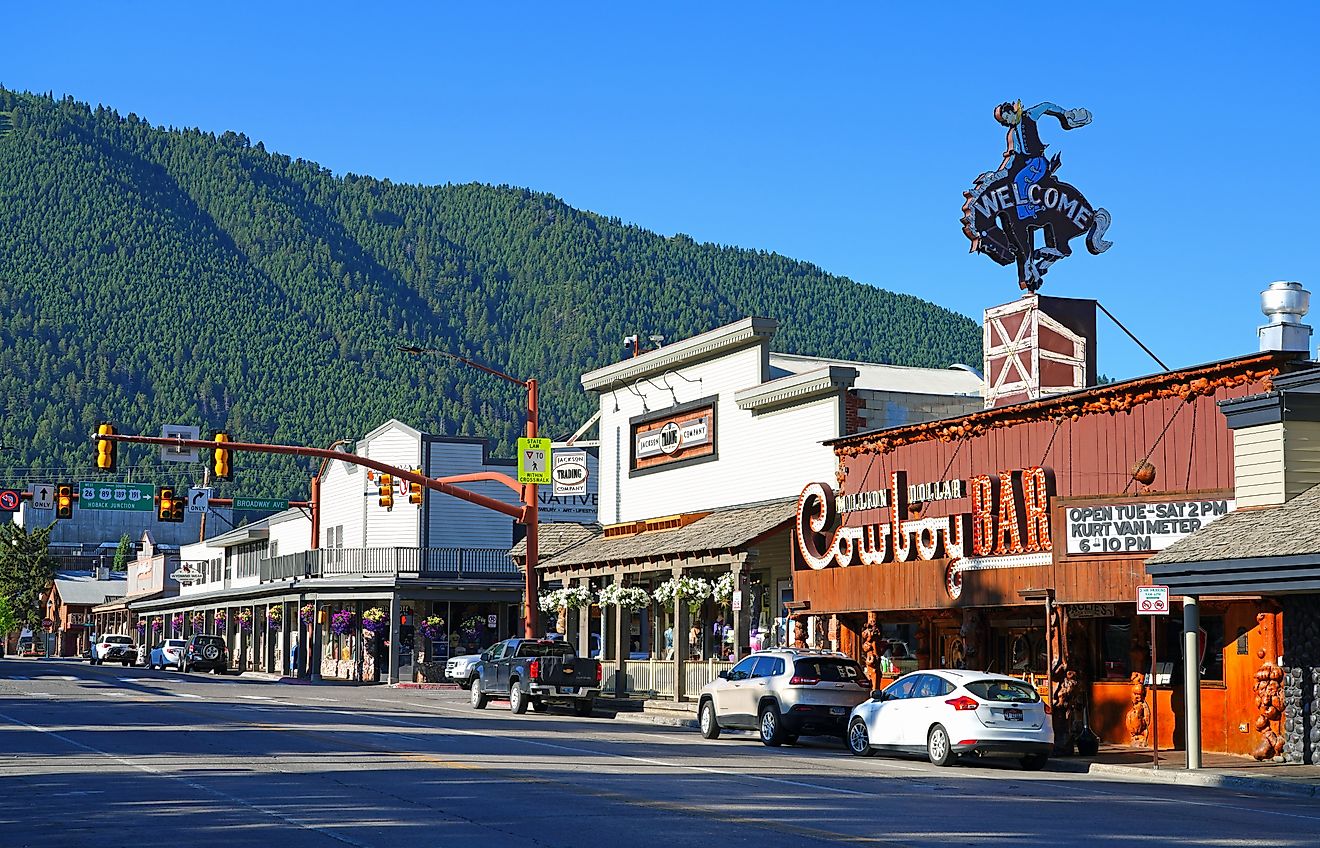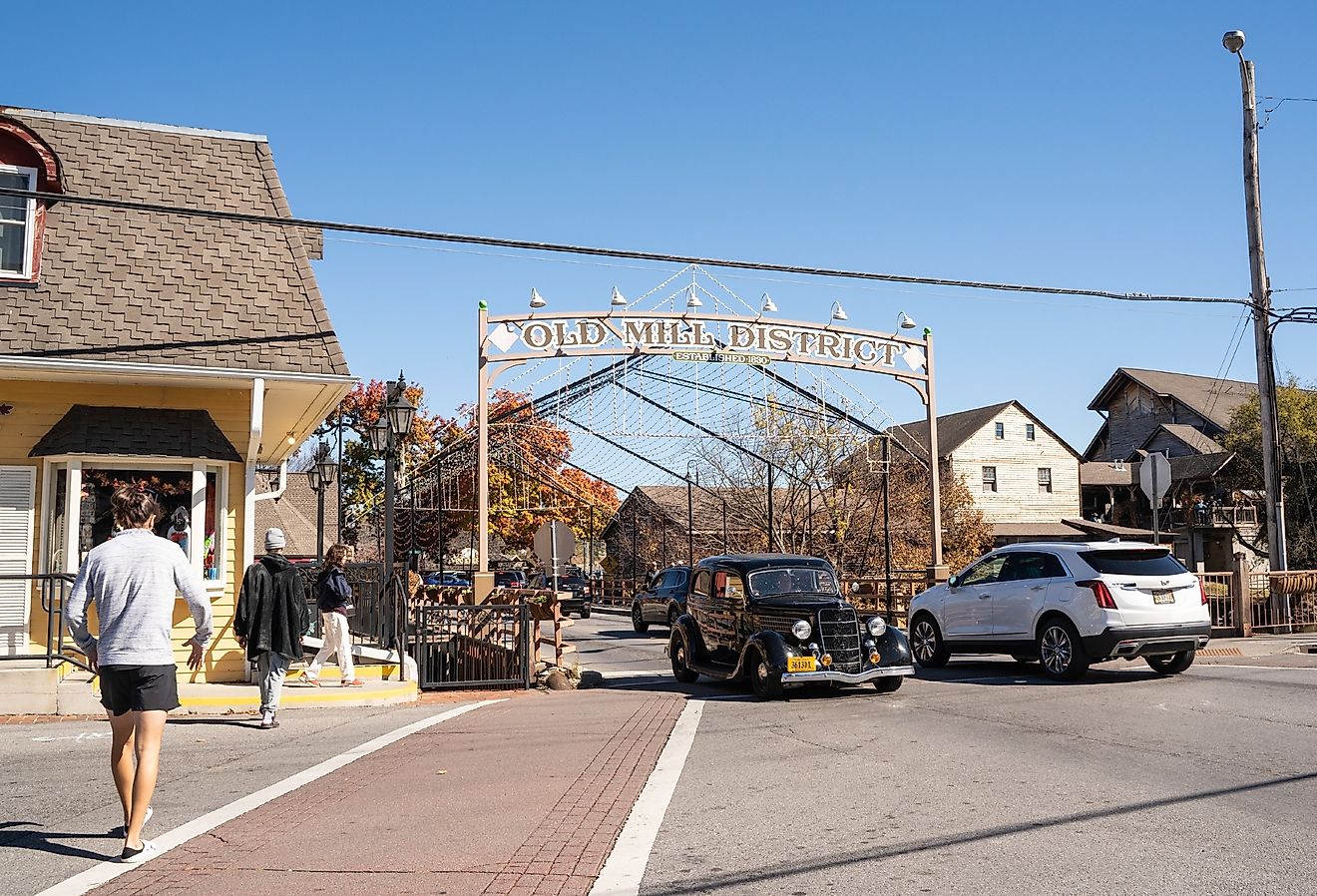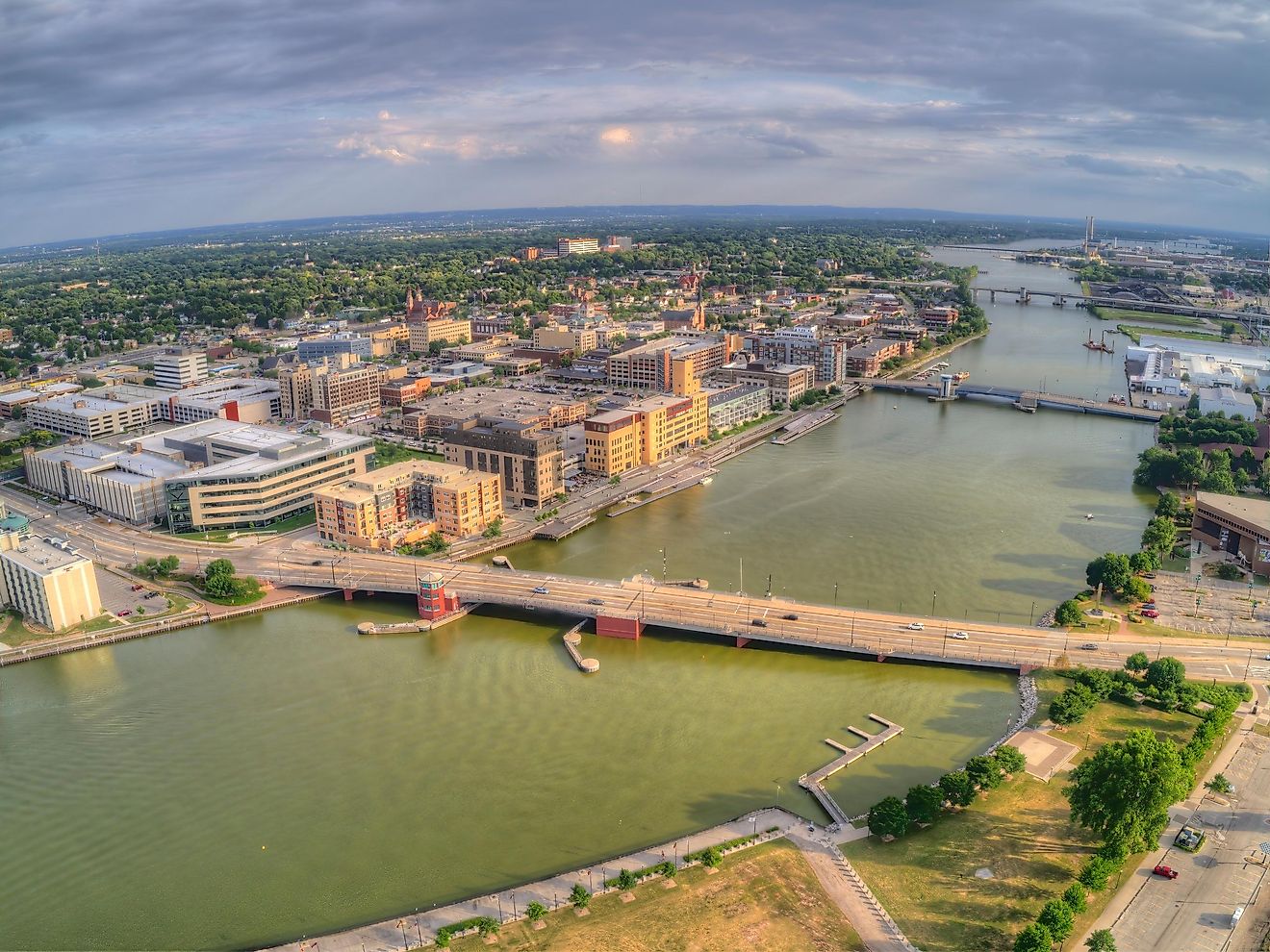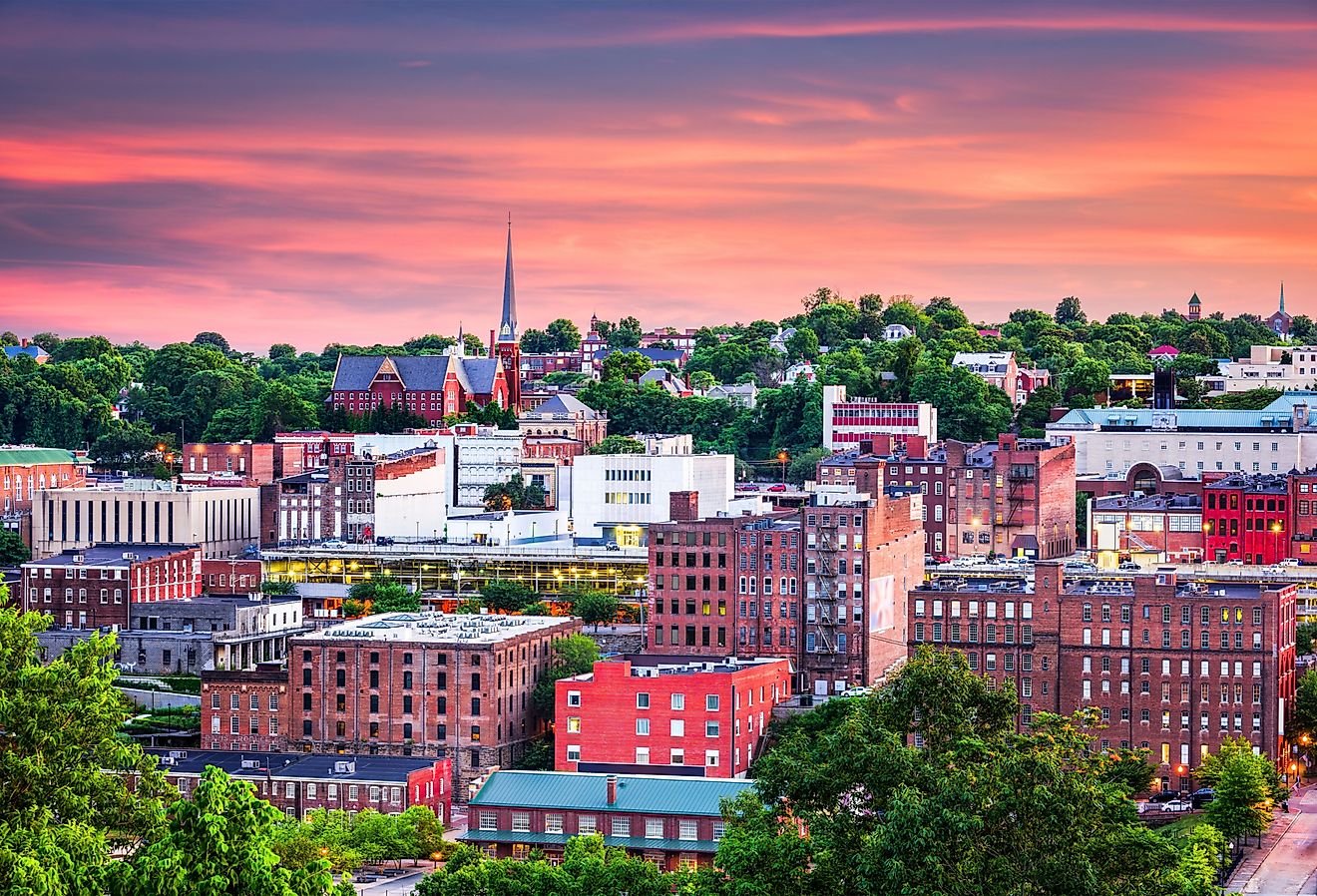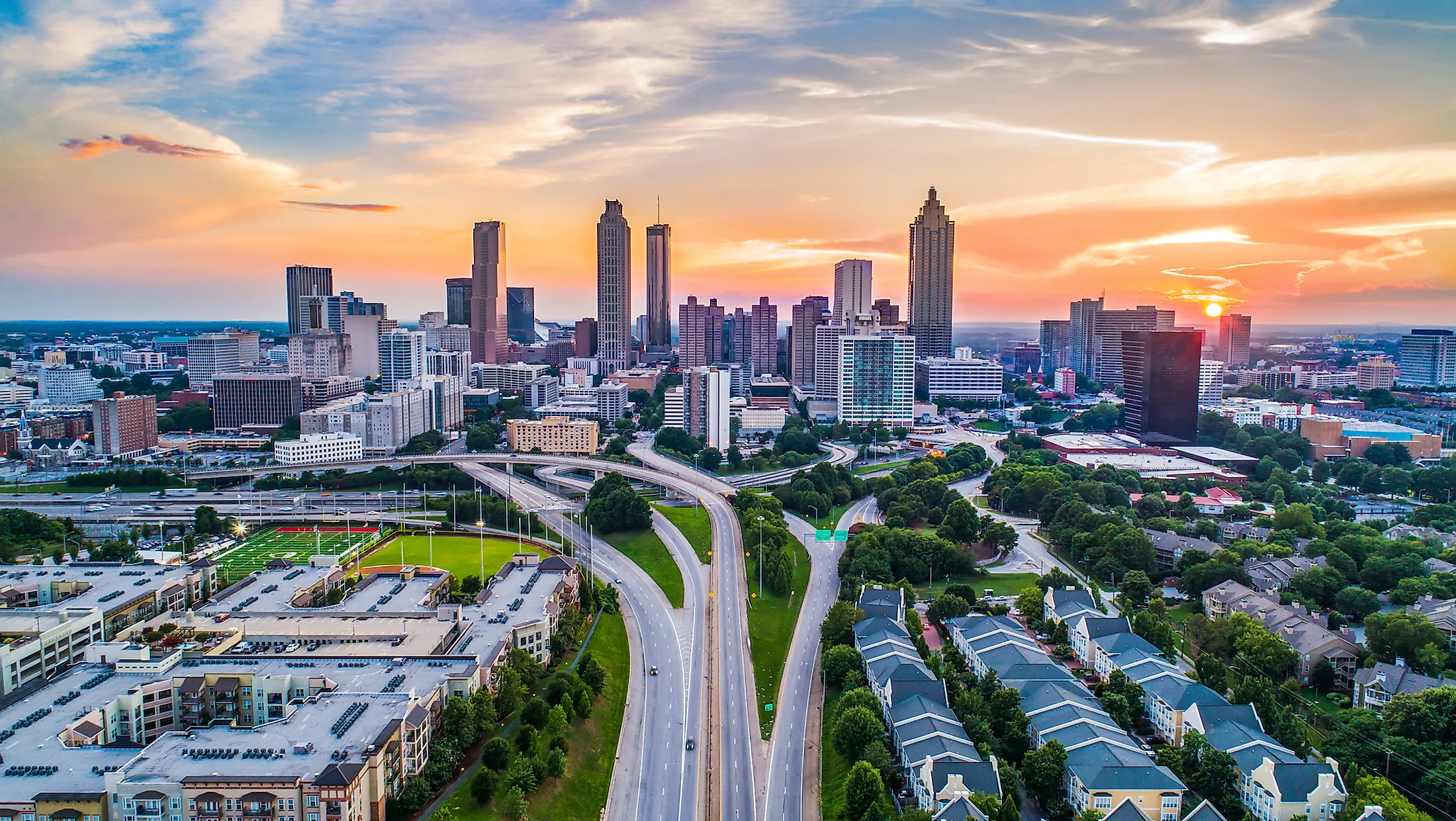
Atlanta, Capital Of Georgia
Once a humble stop along the Western, Georgian, and Atlantic railways, Atlanta has blossomed into one of the fastest-growing cities in the world – with a metropolitan area expanding more rapidly than any other in America. It is known to be the first of the early American cities to have been settled in a location selected with the growing transportation industry in mind rather than the convenient access to a water source that was the standard prerequisite. The city has held the title of Georgia's capital since 1868 and serves as the county seat of Fulton County. Atlanta was crucial in the Civil Rights Movement of the 1960s, with students from the city's collection of black colleges rallying alongside famous historical figures like Dr. Martin Luther King, Jr. and earning the city a reputation for steady social progression.
Geography Of Atlanta
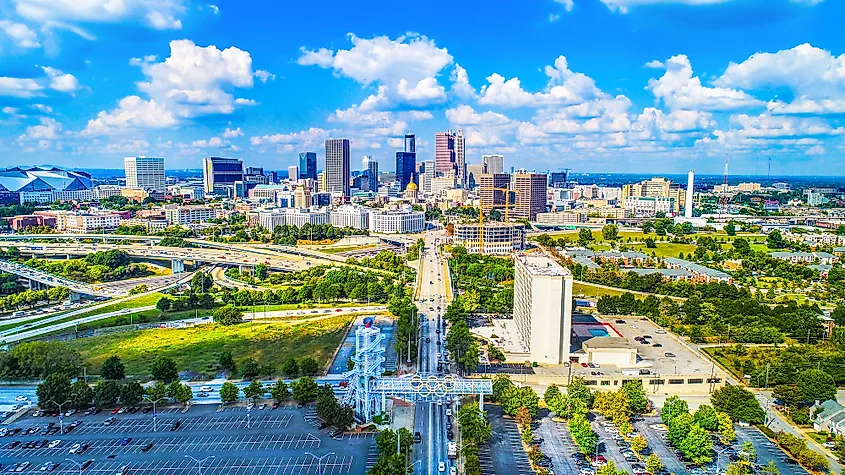
Atlanta is located to the north/northeast of the Georgian cities of Augusta, Macon, Albany, and Valdosta. Atlanta's metropolitan outskirts are comprised of 20 counties, including Cherokee, Clayton, Cobb, DeKalb, Douglas, Fayette, Forsyth, Fulton, Gwinnett, Henry, and Rockdale counties. The city has a higher elevation than any other East of Denver, sitting upon a ridge at the base of the Blue Ridge Mountains and slightly southeast of the Chattahoochee River. The Eastern Continental Divide – a naturally occurring hydrographic boundary separating water runoff into the Gulf of Mexico to the North or the Atlantic Ocean to the South – runs straight through Atlanta. As it is a ridge of land with consistent elevation levels, this continental divide was the ideal location for the placement of the railroads responsible for populating Atlanta in the 19th century.
Climate
According to tourism ratings, the best time of the year to visit Atlanta is between the beginning of May and the middle of June, or else the end of August to the middle of October. Atlanta's summers are known for being hot and humid, lasting for roughly four months of the year – from the end of May to the middle of September. The average daily high during this period of the year is above 81°F, and in July – the hottest month – temperatures spike the daily average to 88°F. Precipitation levels are quite high in Georgia, and Atlanta experiences an average of 4.7in rainfall in March and July (the wettest months of the year). Atlanta's climate is characterized as humid subtropical, and as such, the winters are wet but relatively mild. The cold season is said to last roughly three months, from the end of November to the end of February. There is great variation in the temperature throughout these months, with an average high of 53°F, an average low of 35°F, and in January – the coldest month – an average daily temperature of 45°F. The sudden drops in temperature Atlanta experiences result from cold air blowing into the region from Canada.
Demographics And Economy Of Atlanta

The most recent population count for the city of Atlanta was 490,642 people. Atlanta is one of only 7 American cities with a higher population of residents identifying as Black than those who fall into the racial categories of White, Asian, Native American, or 'Other.' Detroit, Memphis, Baltimore, Washington, and Philadelphia complete this shortlist. The racial composition of Atlanta is roughly 50% Black or African American, 40% White (non-Hispanic), 5% Asian (non-Hispanic), 3% White (Hispanic), and 2% Mixed race (non-Hispanic). The median household income in Atlanta is $66,657. Atlanta's population and economy have shown significant growth in recent years. Wage distribution in Atlanta is also growing somewhat more even, and income inequality levels fall below the country's national average, with men making 1.36x that of women in full-time working positions.Brief
History Of Atlanta
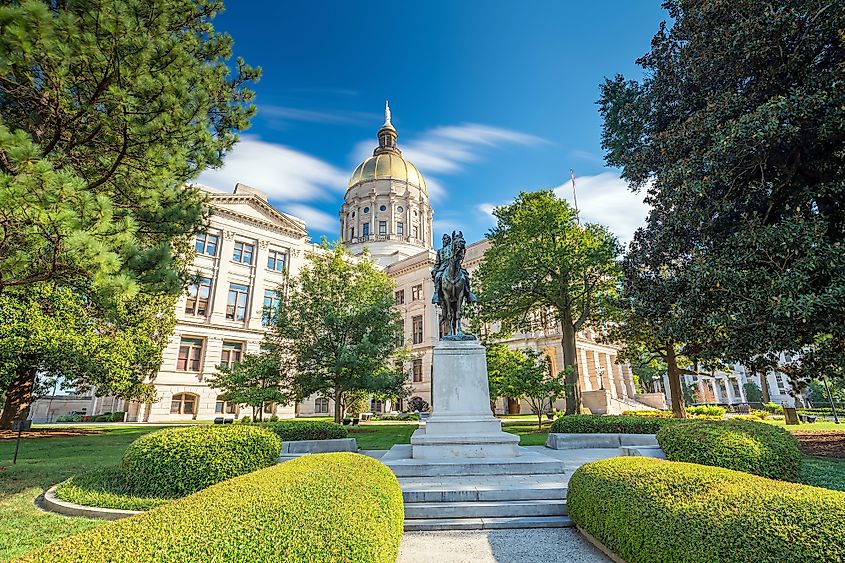
Northwest Georgia is recognized as having been occupied by Indigenous Creek and Cherokee tribes before the arrival of European colonists. The forced removal of these peoples by the federal government facilitated colonial settlement, while the discovery of gold in the region and the ease of access provided by the many transport routes to and from the city further enticed American settlers. The first name used for the community of people that would one day evolve into the bustling city of Atlanta was Terminus, meaning "end of the line," and it sat on the exact point where the Western & Atlantic Railway was set to meet the Georgian Railroad that was working steadily westward in 1837. The town's name was changed to Marthasville in 1843 and again in 1845 when it was officially named Atlanta.
When the Civil War broke out in 1861, Atlanta had a population of 8,000 residents. After the war, the Freedman's Bureau, an organization meant to help the African Americans transition from slavery into life as free citizens, was established and operated until 1870, successfully orchestrating the establishment of Atlanta University in 1865 and Clark College in 1869. Such institutions have helped to cultivate the racial diversity that Atlanta is known for today.
Attractions In Atlanta

Over 200 acres of land in Atlanta is dedicated to Piedmont Park, which boasts playgrounds, tennis courts, dog parks, picnic facilities, a public pool, walking and biking trails, and a farmer's market every Saturday. Annual celebrations like the Atlanta Ice Cream Festival, the Atlanta Dogwood Festival, the Atlanta Jazz Festival, and Atlanta Pride are all hosted here. Piedmont Park is located right next to Atlanta's impressive Botanical Garden, making it the perfect destination for an afternoon of leisurely activities.
More than a museum, Atlanta's History Center is 33 acres of immersive exhibitions and historic homes. In the midst of this historic hub lies the Atlanta History Museum, dedicated to telling the story of the region's first Indigenous inhabitants through to the Antebellum era. Not far from the museum lies Smith Farm, Atlanta's oldest farmhouse, now used to educate people by recreating the conditions and experiences of enslaved Africans on Southern American plantations. The farm is composed of multiple historic outbuildings, complete with sheep, goats, chickens, and an authentic enslaved people's kitchen garden.
The capital of Georgia has grown steadily ever since its founding, and recent years are no exception. Creativity bustles within Atlanta and many of the city's streets are decorated with art displays by local artists. It has been nicknamed the "City in a Forest" because approximately 48% of the city is covered in trees as a result of the 100,000 trees planted by the non-profit organization 'Trees Atlanta.' Atlanta's emblem of a phoenix rising from the ashes is a commemoration of the city's burning, orchestrated as an act of war in 1864 and leaving only 400 buildings standing, but it could also be interpreted as a metaphor: from the dark history of a southern state rose a prolific, diverse and passionate city.
